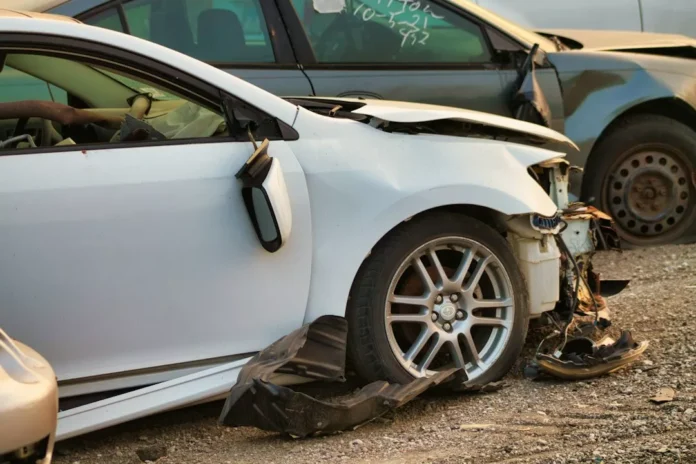Forming journalists is a crucial aspect of the media industry. It is not just about writing news articles or reporting events, but it is also about being able to investigate and uncover the truth. In today’s world, where fake news and biased reporting are rampant, the need for well-trained and ethical journalists is more important than ever. This is where workshops like “Forming Journalists: The Investigative Journalism Workshop on ‘Ndrangheta Stereotypes and Reality” come into play.
Organized by renowned journalist Claudio La Camera, this workshop aims to train aspiring journalists in the art of investigative journalism, specifically focusing on the ‘Ndrangheta, a notorious mafia organization in Italy. La Camera himself has been at the forefront of exposing the ‘Ndrangheta’s activities and has been a target of their threats and intimidation. Despite this, he continues to fight for the truth and believes that it is the responsibility of journalists to uncover and report on such issues.
The workshop, which is held annually, brings together a diverse group of journalists from different backgrounds and experiences. The participants are given hands-on training on various aspects of investigative journalism, such as research techniques, source verification, and data analysis. They are also taught how to navigate through legal and ethical challenges that may arise during their investigations.
One of the key highlights of the workshop is the opportunity for participants to work on a real-life case. This year, the workshop focused on the case of a journalist who was investigating the ‘Ndrangheta and was subsequently indicted for defamation. The journalist, who wishes to remain anonymous, shared his experience with the participants, giving them valuable insights into the challenges and risks of investigative journalism.
The workshop also featured a session with a former member of the ‘Ndrangheta, who provided an insider’s perspective on the organization and its operations. This was a rare opportunity for the participants to understand the inner workings of the mafia and how it has evolved over the years. The session was eye-opening and helped dispel some of the stereotypes surrounding the ‘Ndrangheta.
Another important aspect of the workshop was the emphasis on responsible reporting. La Camera stressed the importance of fact-checking and verifying sources before publishing any information. He also highlighted the need for journalists to be aware of their own biases and to strive for objectivity in their reporting. This is especially crucial when dealing with sensitive and controversial topics like the ‘Ndrangheta.
The workshop also provided a platform for participants to network and learn from each other. The diverse backgrounds and experiences of the participants created a dynamic learning environment, where ideas and perspectives were shared. This not only helped in building professional relationships but also fostered a sense of camaraderie among the participants.
The success of the workshop can be seen in the positive impact it has had on the participants. Many of them have gone on to work on high-profile investigative stories, and some have even won prestigious journalism awards. The workshop has not only equipped them with the necessary skills but has also instilled in them a sense of responsibility towards their profession.
In conclusion, “Forming Journalists: The Investigative Journalism Workshop on ‘Ndrangheta Stereotypes and Reality” is a commendable initiative that is shaping the future of journalism. It is not just about exposing the truth but also about promoting ethical and responsible reporting. Claudio La Camera and his team are doing a remarkable job in training and inspiring the next generation of journalists. As readers, it is our responsibility to support and encourage such initiatives, as they play a crucial role in upholding the values of journalism and keeping the public informed.

